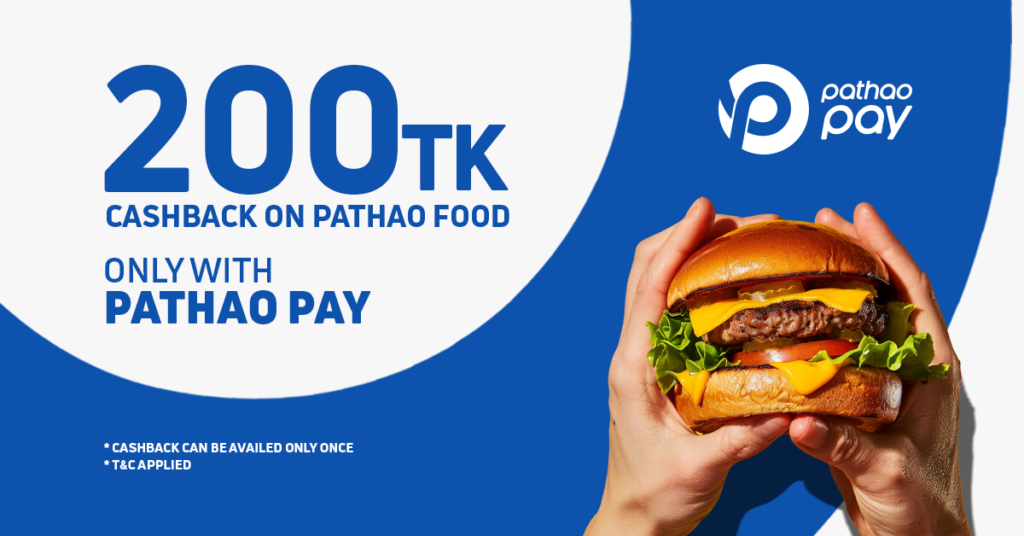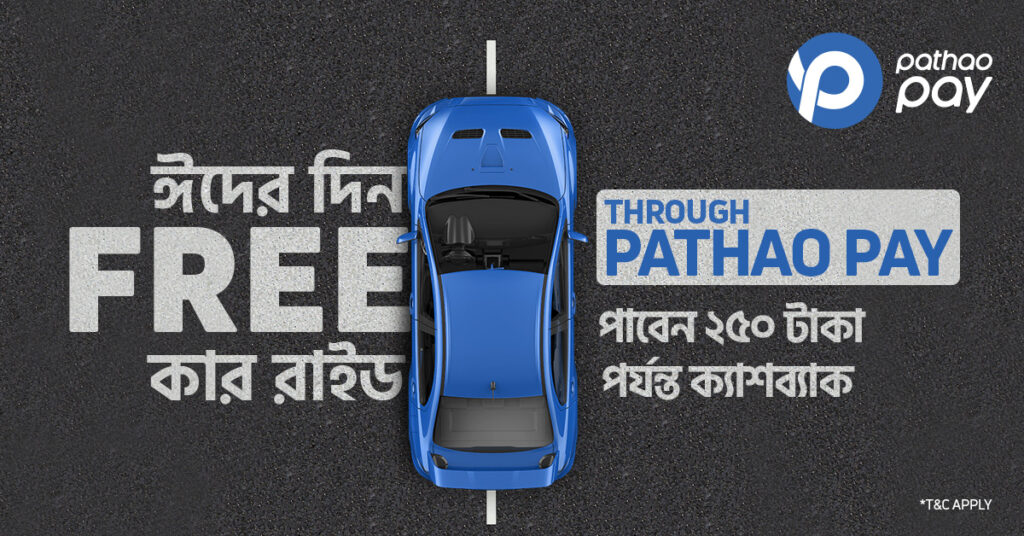How to stay healthy during Ramadan?
- Promotions
- April 26, 2021

During the Holy month of Ramadan, Muslims around the world fast and try to instill as many good deeds as possible. However, ramadan is also that time of the year when we welcome many unhealthy habits in our daily routine. From eating every type of ‘bhaja pora’ to feasting on extremely oily food, muslims often view this month as a free pass to adopt many unhealthy, detrimental eating habits. We understand that Iftar without fried food seems incomplete, but there are some additional things you can inculcate to your ramadan routine, and prevent it from being a health hazard for you in the long run.
The first step is to eat right during sehri. Sehri is the most critical meal during Ramadan. It is important to consume items which are light and can sustain you throughout the day. We suggest complex carbohydrates like fruits and vegetables, lentils and chickpeas etc. All these foods will provide you with a long lasting energy source throughout the day. A big no for sehri is fizzy drinks- as appealing as a cold tin of coke may seem, it is full of sugar and caffeine which makes people urinate more and lose water. A good replacement for cola can be juices. Lemonade or orange juice will help you quench your thirst as well as provide you with beneficial vitamin C. Also, there are certain types of food that you should definitely not consume during Sehri. And that is – food rich in sodium (salt-heavy food). The reason for this is that salt makes you thirsty and makes your body retain unnecessary water. So avoid food such as – chips and salted nuts for your Sehri.
Another healthy turn to take is to be wary of what you consume during Iftar. Traditionally, fast was broken by consuming three dates. This is an excellent way to begin your Iftar, as dates are rich in fiber. Sadly, this tradition now ceases to exist and our Iftars now consist primarily of lavish looking unhealthy foods. Yes, who doesn’t like samosa or beguni at the iftar table, but these deep fried foods welcome many health problems. One of the most common one is feeling nauseous and lethargic after Iftar. We all can relate to almost missing Maghrib’s namaz, because getting up from the couch feels like such an ordeal.
If fried items are a big no, then what are the substitutes? Incorporate plenty of vegetables and fruits in your Iftar, as they provide vital vitamins and nutrients. Having a chickpea salad, or somehow incorporating watermelon as a salad or chaat can also be a healthy, and light way to enjoy iftar. Moreover, try to get a healthy proportion of protein in the form of baked or grilled meat. Except for drinking water use juices or sharbats so your body can get the essential sugars it is lacking. Drink water slightly later in small proportions, but make sure to consume 2-3 liters of water between iftar and sehri.
Fasting has many spiritual and health benefits. While you grab on to the good deeds, don’t forget to take care of your health.



